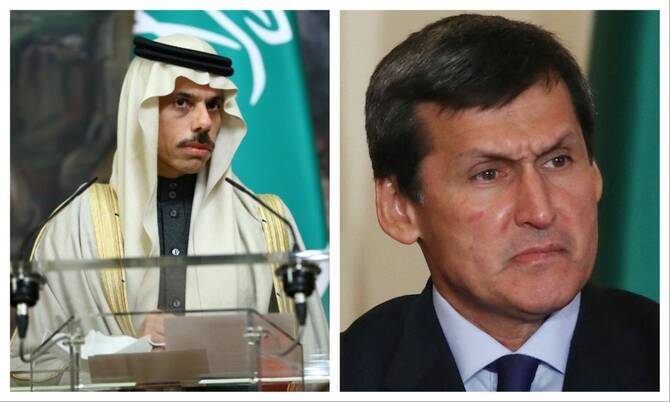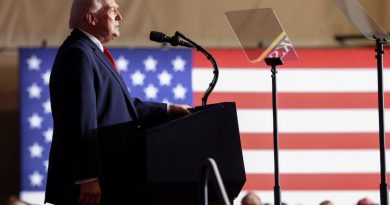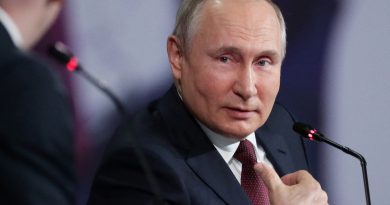Saudi and Turkmen Foreign Ministers Hold Call to Discuss Strengthening Bilateral Relations
Riyadh – Saudi Arabia’s Foreign Minister Prince Faisal bin Farhan held a telephone call with Turkmenistan’s Foreign Minister Rashid Meredov on Wednesday, marking another step in the continued engagement between the two countries as both sides work to reinforce cooperation across multiple sectors and address regional developments with a shared diplomatic outlook.
The conversation highlighted the mutual interest in maintaining active channels of communication at a time when Gulf-Central Asia ties continue to expand through political dialogue and economic outreach.
During the call, the two ministers reviewed the current state of bilateral relations, noting ongoing progress in political coordination as well as opportunities for new partnerships in areas such as energy, trade, transportation and investment.
Both sides reaffirmed their readiness to deepen collaboration in sectors of strategic importance, building on previous discussions and high-level exchanges that have aimed to expand the scope of cooperation between Riyadh and Ashgabat in recent years.
The talks also addressed broader regional issues of common concern, with both ministers emphasising the importance of stability, dialogue and constructive engagement in addressing shared geopolitical challenges.
The conversation underscored the interest of both countries in promoting diplomatic solutions and supporting efforts that contribute to peace and development in their respective regions, reflecting the growing alignment in foreign policy priorities and long-term strategic planning.
Turkmenistan has increasingly sought to strengthen its ties with Gulf states as part of its broader outreach to diversify partnerships and enhance economic opportunities, particularly in energy, logistics and infrastructure development.
Saudi Arabia, meanwhile, continues to expand its network of international partnerships as part of its long-term economic transformation objectives, which include enhancing global connectivity and establishing stronger cooperation with countries across Central Asia.
The phone call fits into a broader pattern of diplomatic activity between the two nations, following previous meetings that explored investments, joint ventures and government-level coordination to support economic diversification and sustainable development.
Both countries have shown interest in leveraging their respective strengths—Turkmenistan’s energy resources and strategic location, and Saudi Arabia’s investment capacity and global economic networks—to create platforms for mutually beneficial growth.
Discussions during the call also touched on cooperation in multilateral forums, where both countries continue to align on several issues related to economic development, regional dialogue and international stability.
The ministers reiterated their countries’ willingness to take part in global initiatives that encourage peaceful cooperation, promote resilience and support global economic connectivity during a period marked by shifting international priorities.
The call reflects Saudi Arabia’s ongoing diplomatic engagement with partners across Asia, highlighting the kingdom’s effort to enhance relations through direct dialogue, strengthened cooperation frameworks and expanded strategic partnerships.
For Turkmenistan, the communication with Saudi Arabia contributes to its pursuit of balanced international relations aimed at boosting investment, transport corridors and energy partnerships with leading regional and global actors.
Both sides expressed their commitment to maintaining regular diplomatic communication, noting the importance of sustained engagement in ensuring stable and productive ties.
As the conversation concluded, the ministers agreed to continue exploring new opportunities for cooperation while building on existing areas of progress across political, economic and cultural spheres.
Their exchange signals continued momentum in Saudi-Turkmen relations at a time when both countries seek to reinforce their roles in wider regional dynamics and global economic dialogue.



